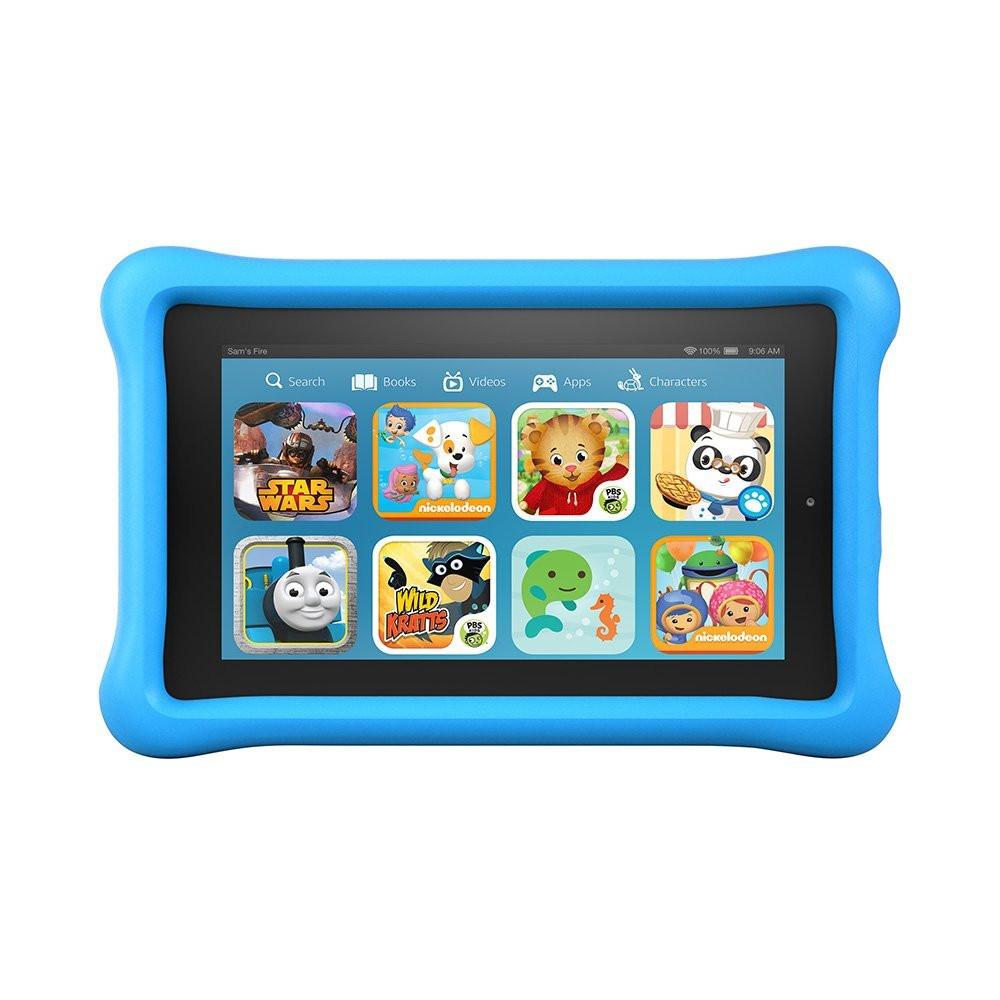While some parents and policymakers are concerned about the effects that increased screen-time could have on toddlers (popular opinion holds that using touchscreens at an early age is likely to delay the cognitive development of children), we do net yet know if these fears are justified.
The American Academy of Pediatrics advises that children should not be exposed to any screens, including touchscreens, before the age of two, and similar agencies in other countries have adopted these guidelines. These current guidelines are arguably more of a knee-jerk reaction to a new technology than an informed health strategy.
Despite the guidelines, many toddlers use touchscreens from a very early age. Dr. Tim J. Smith of Birbeck, University of London, decided to do some more research on the subject. He and his collaborators at King’s College set up an online survey for UK parents to answer questions about their children’s touchscreen use.
Questions asked included information about whether the toddlers used touchscreens, when they first used one, and how often and how long they use them. The survey also included specific questions to assess the development of the children, such as the age that they first stacked blocks, which indicates fine motor skills, or the age they first used two-word sentences, which indicates language development.
A total of 715 families responded and the study confirmed that using touchscreens is extremely common in UK toddlers. “The study showed that the majority of toddlers have daily exposure to touchscreen devices, increasing from 51.22% at 6-11 months to 92.05% at 19-36 months,” said Dr. Smith.
The researchers found no significant associations between using touchscreens and either walking or language development. There was one bonus to using touchscreens at an early age, though.
“In toddlers aged 19 to 36 months, we found that the age that parents reported their child first actively scrolling a touchscreen was positively associated with the age that they were first able to stack blocks, a measure of fine motor control,” he said.
It is not yet known if this correlation indicates that using touchscreens can enhance fine motor skills, or if children with fine motor skills are more likely to use touchscreens earlier, and so further work is required to determine the nature of this relationship more precisely. However, it is clear that the current generation of toddlers is adapting rapidly to this new technology and these children look set to use these devices throughout their lives.



Comments are closed, but trackbacks and pingbacks are open.